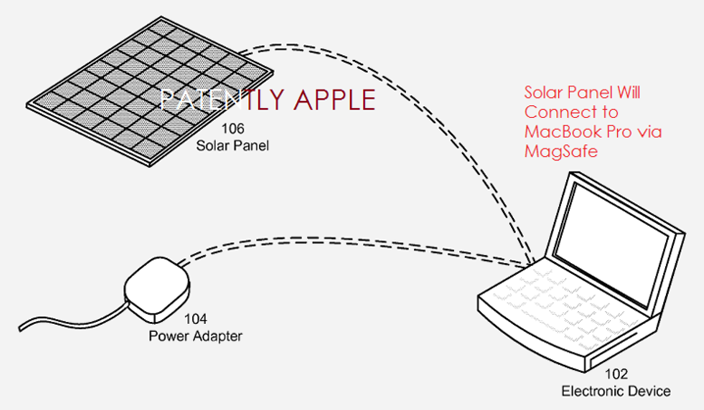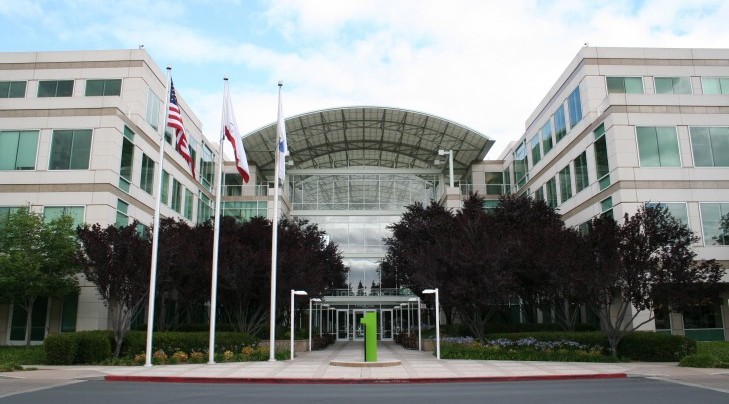Apple extends exclusive rights to Liquidmetal in consumer products to Feb 2015


Omega Seamaster Planet Ocean watch with Liquidmetal
Apple has extended its rights to the metal alloy material that it originally licensed from Liquidmetal Technologies in 2010 for exclusive use in consumer electronics products. The proof comes from a recent filing with the SEC:
On May 19, 2014, Liquidmetal Technologies, Inc. (the “Company”) and Apple Inc. (“Apple”) entered into an second amendment (the “Second Amendment”) to the Master Transaction Agreement that was originally entered into on August 5, 2010 (the “MTA”) and amended on June 15, 2012 (the “First Amendment”). Under the MTA and the First Amendment, the Company was obligated to contribute to Crucible Intellectual Property, LLC, a special purpose subsidiary of the Company, all intellectual property acquired or developed by the Company from August 5, 2010 through February 5, 2014, and all intellectual property held by Crucible Intellectual Property, LLC was exclusively licensed on a perpetual basis to Apple for the field of use of consumer electronic products under the MTA. Under the Second Amendment, the parties agreed to amend the MTA and the First Amendment to extend the February 5, 2014 date to February 5, 2015.
Up until now Apple has tested the material in its SIM card ejector tool that came with previous generation iPhones, but several rumors in recent years have claimed it could take advantage of Liquidmetal for batteries, screws or other components of its products. However, back in 2012, one of Liquidmetal’s inventors noted that Apple was likely still three to five years away from using the material on a large scale in products:
Expand
Expanding
Close

